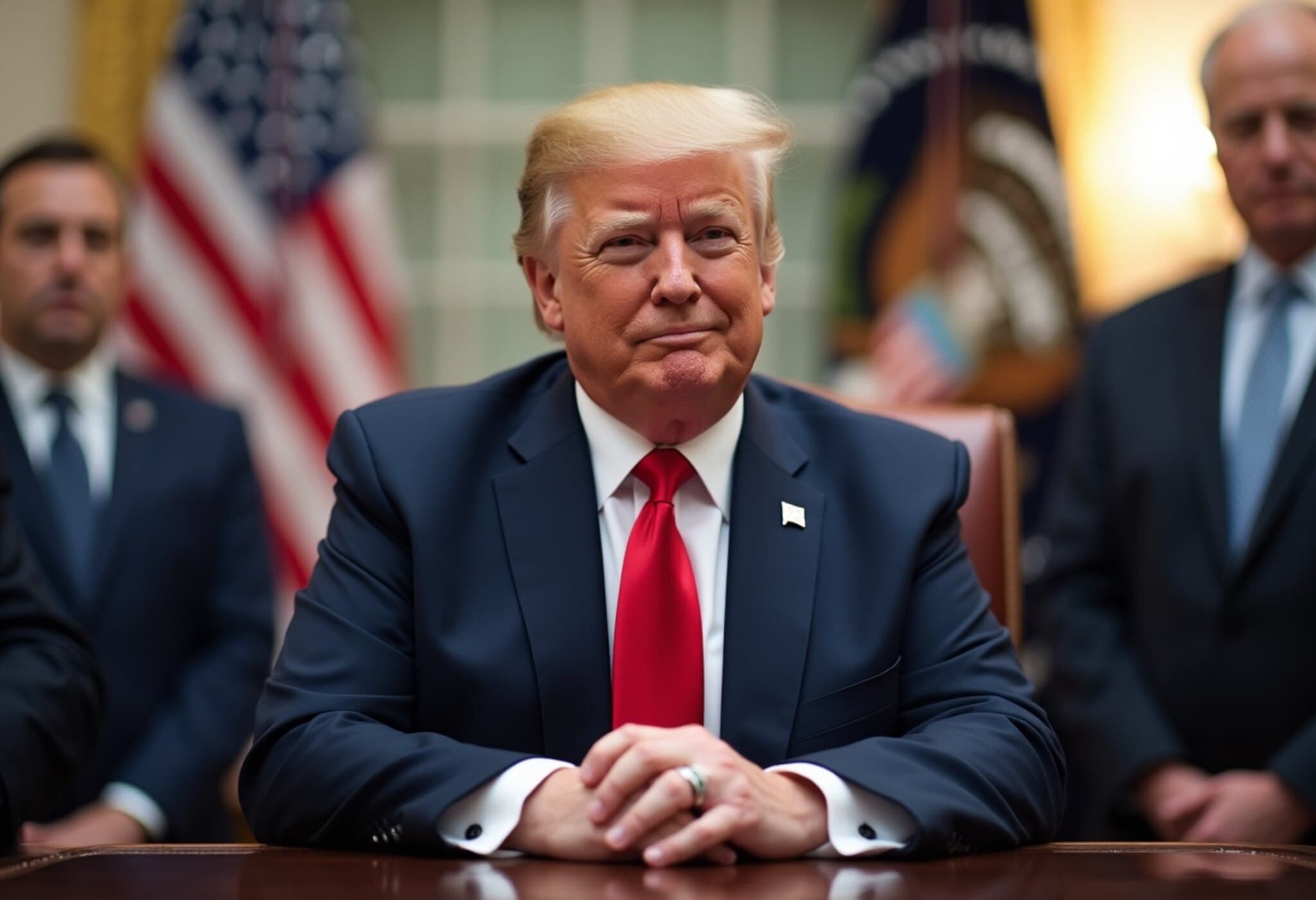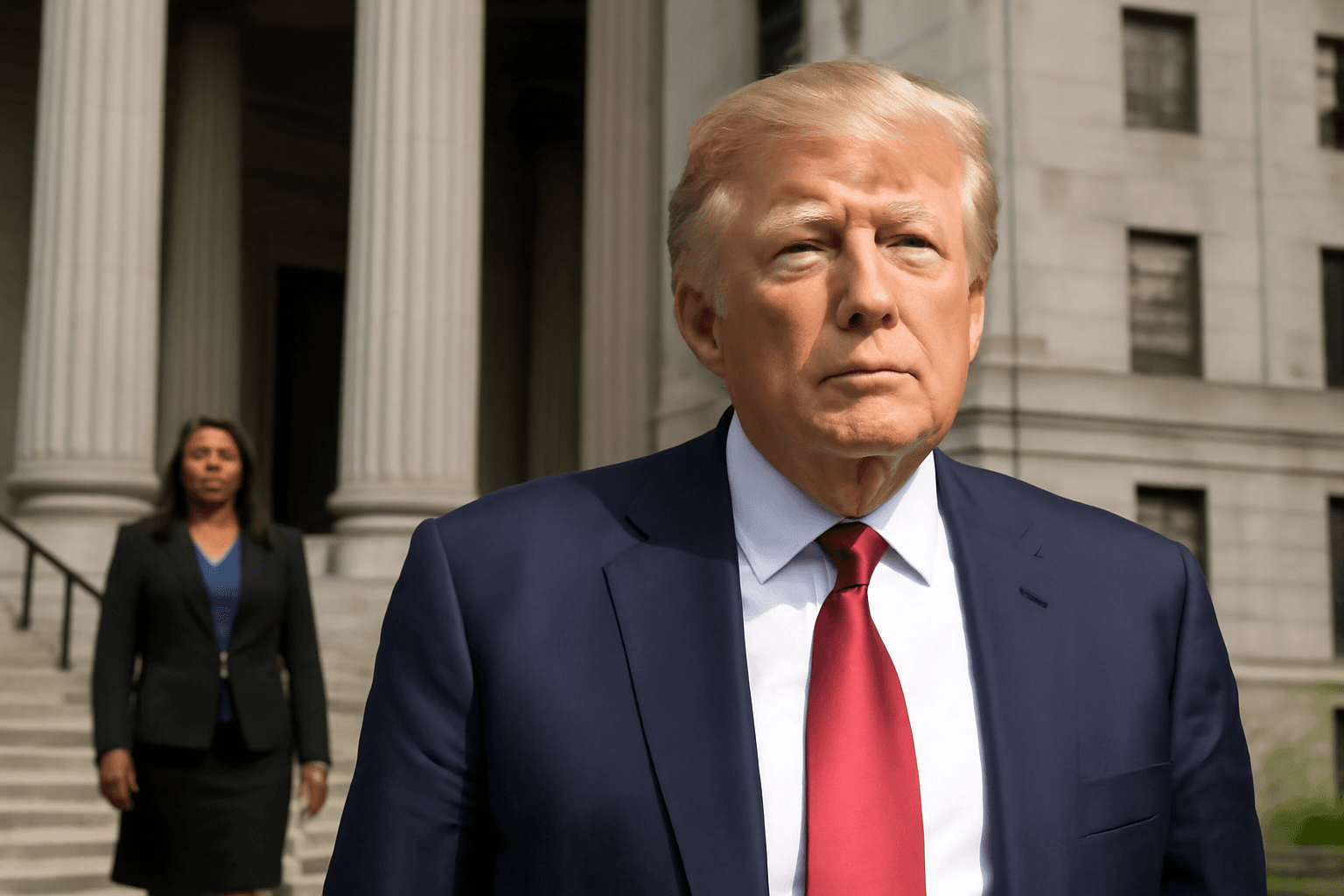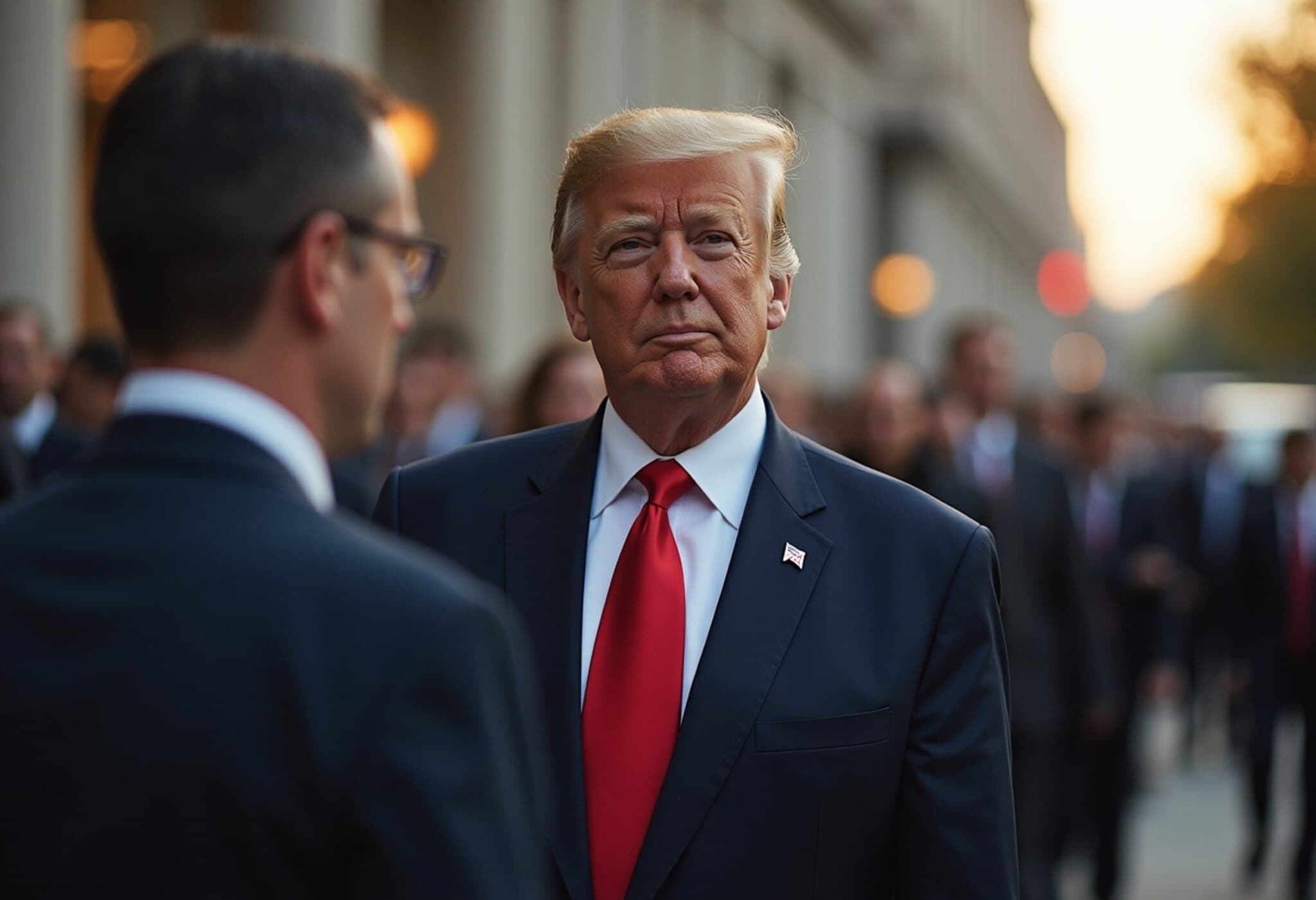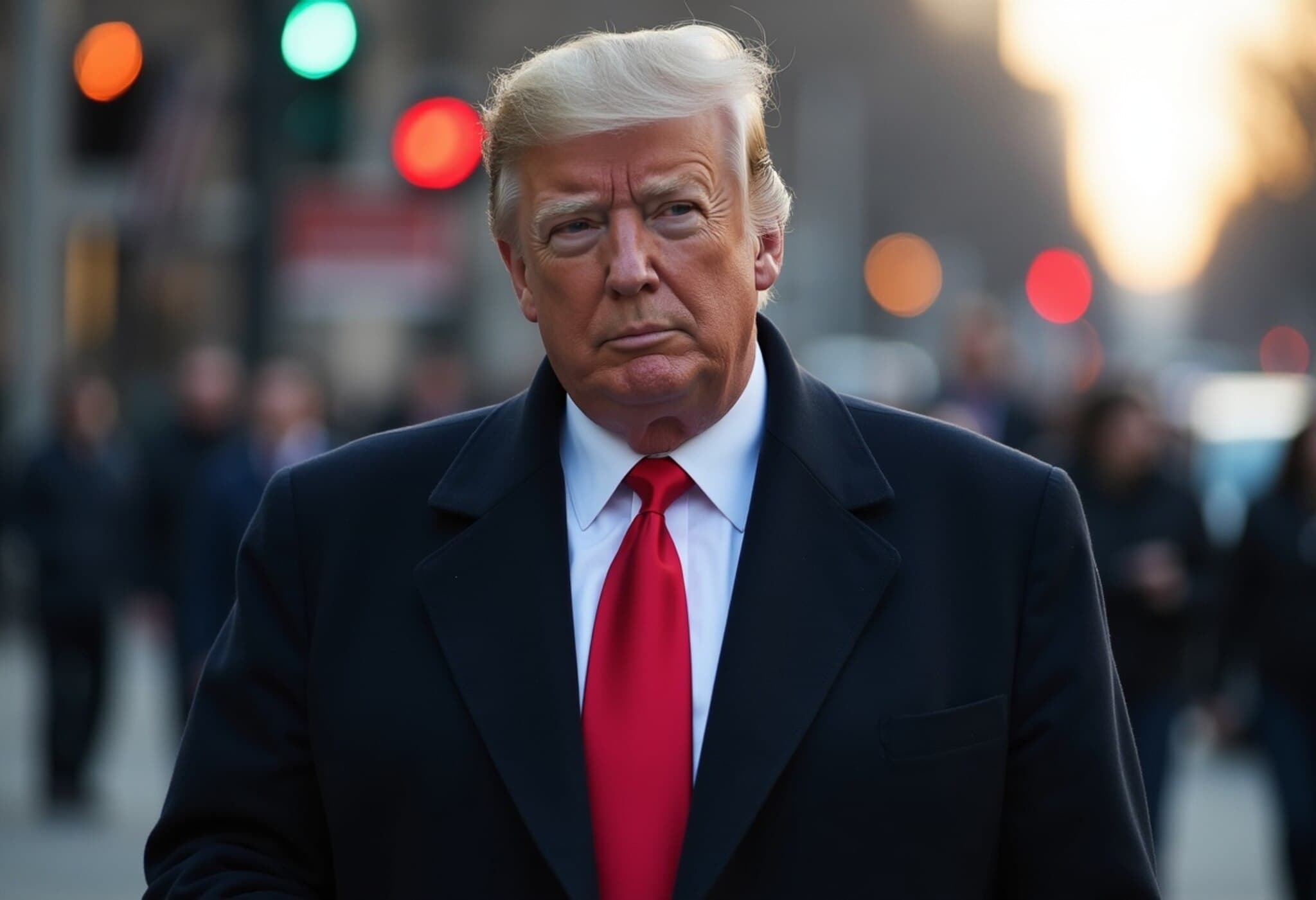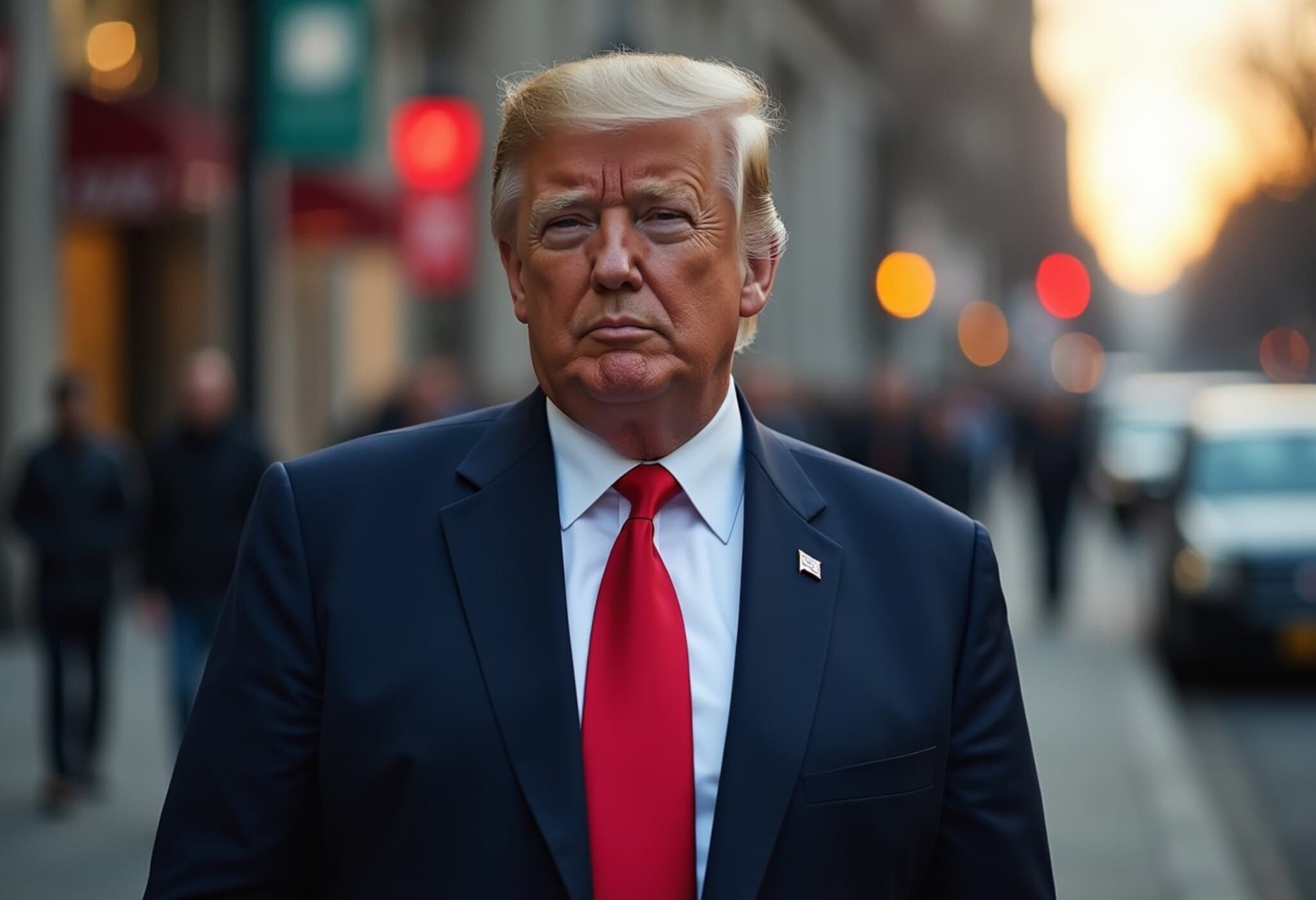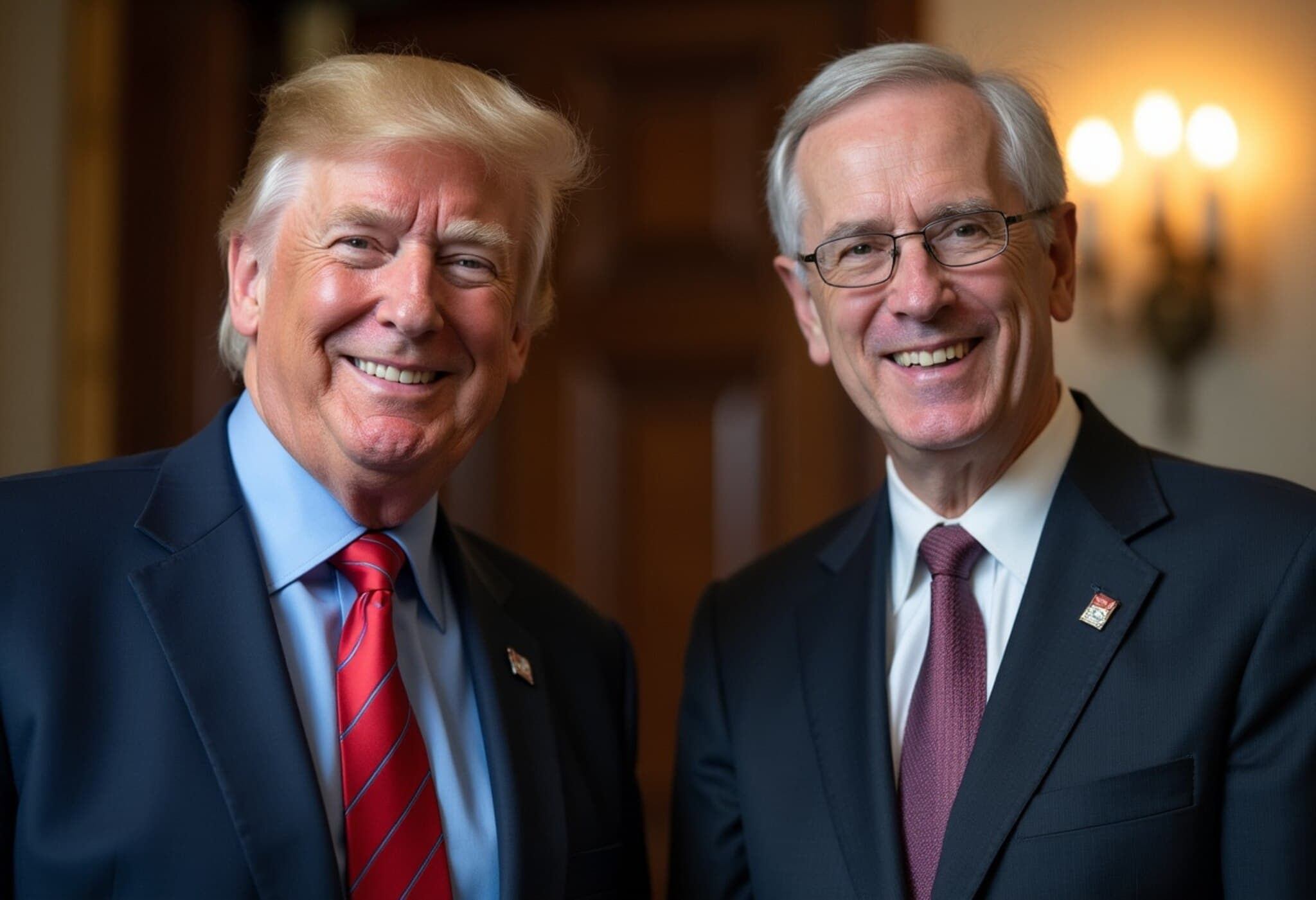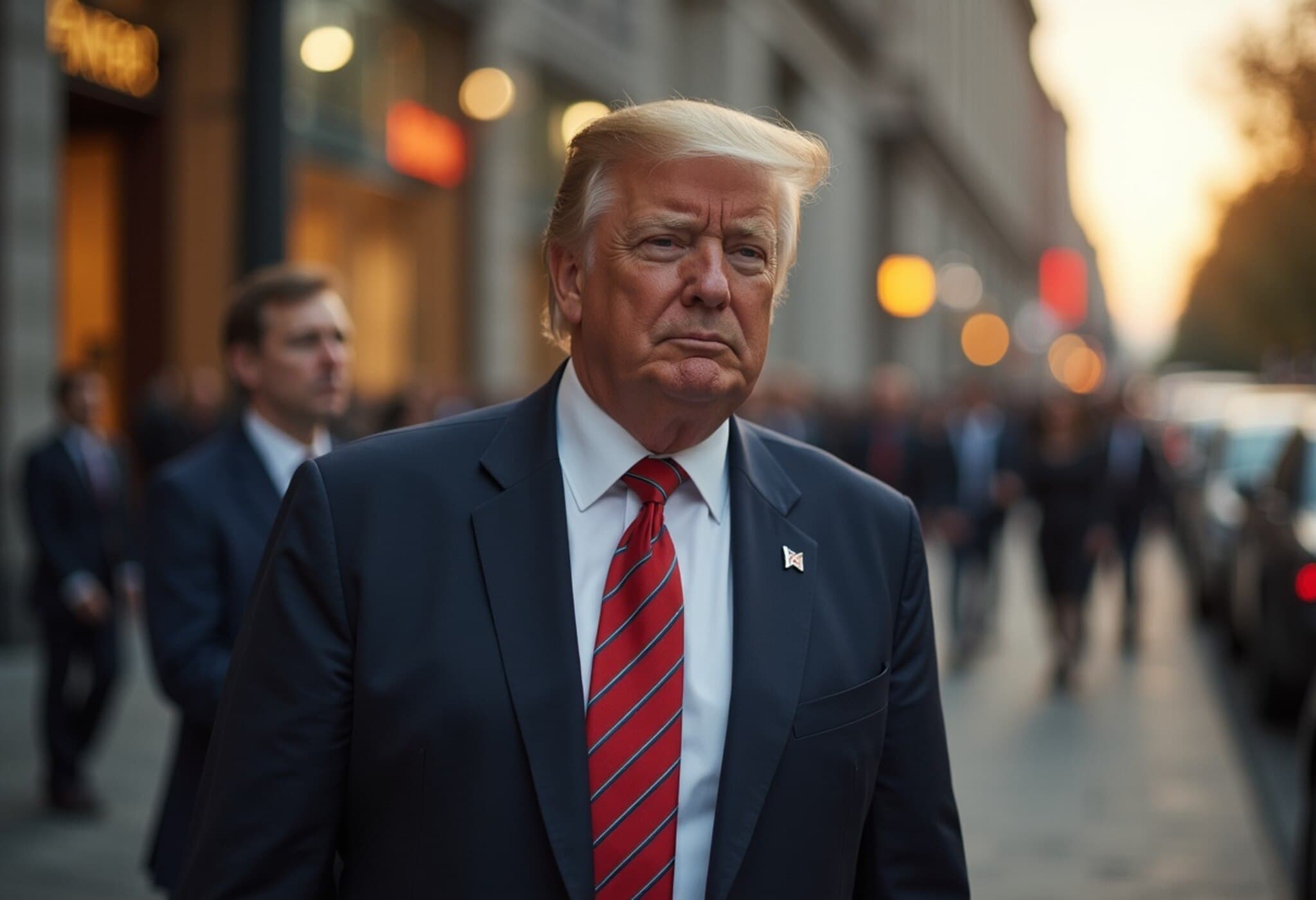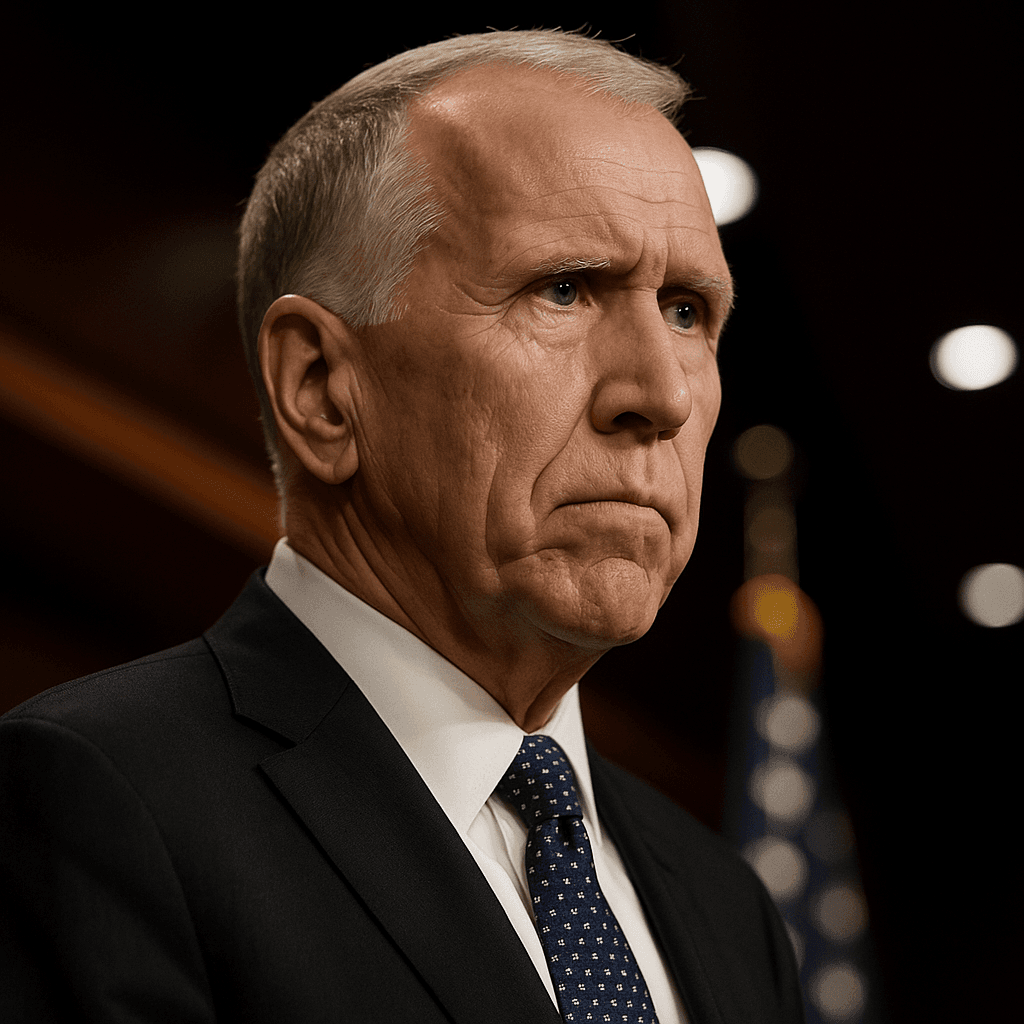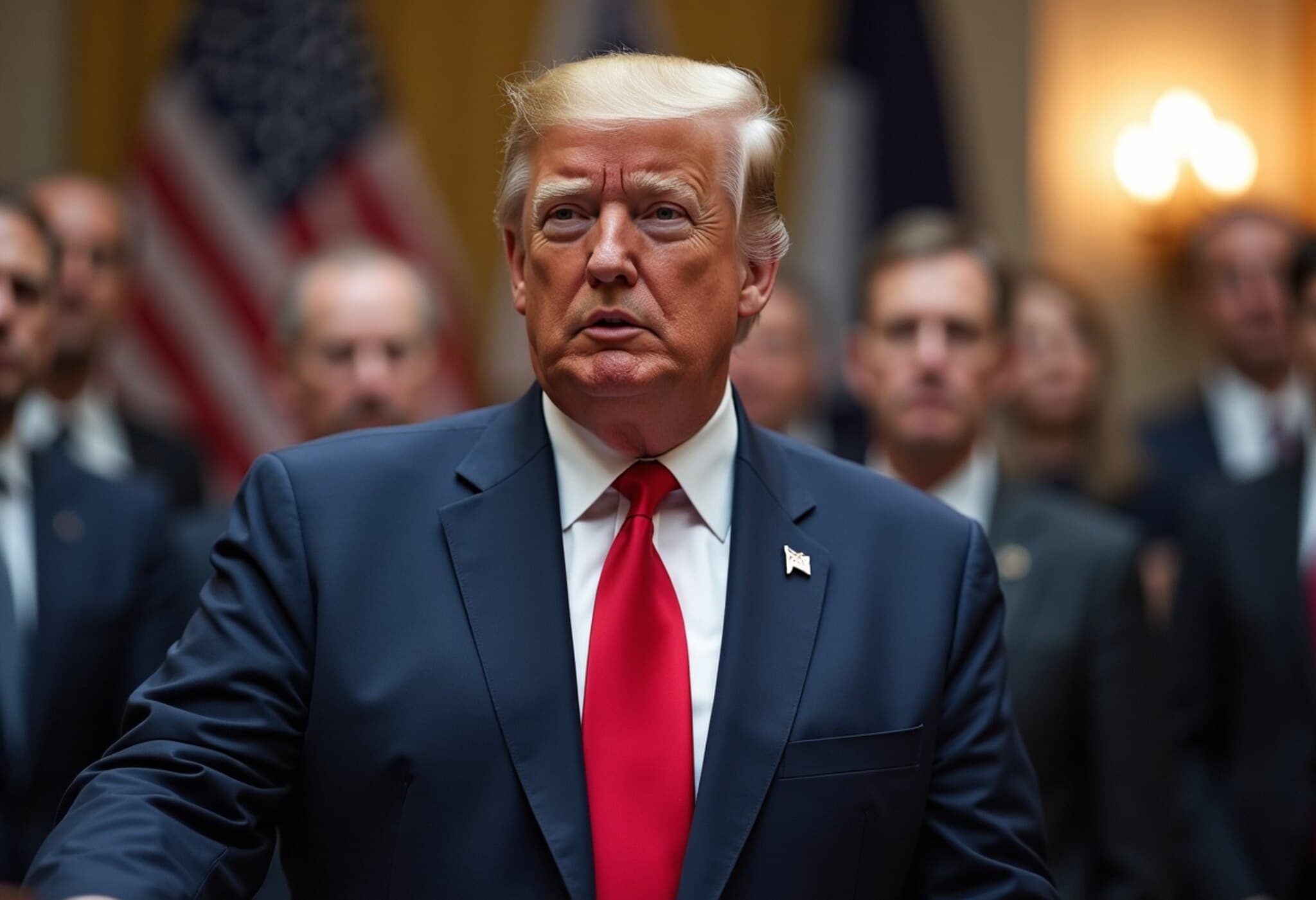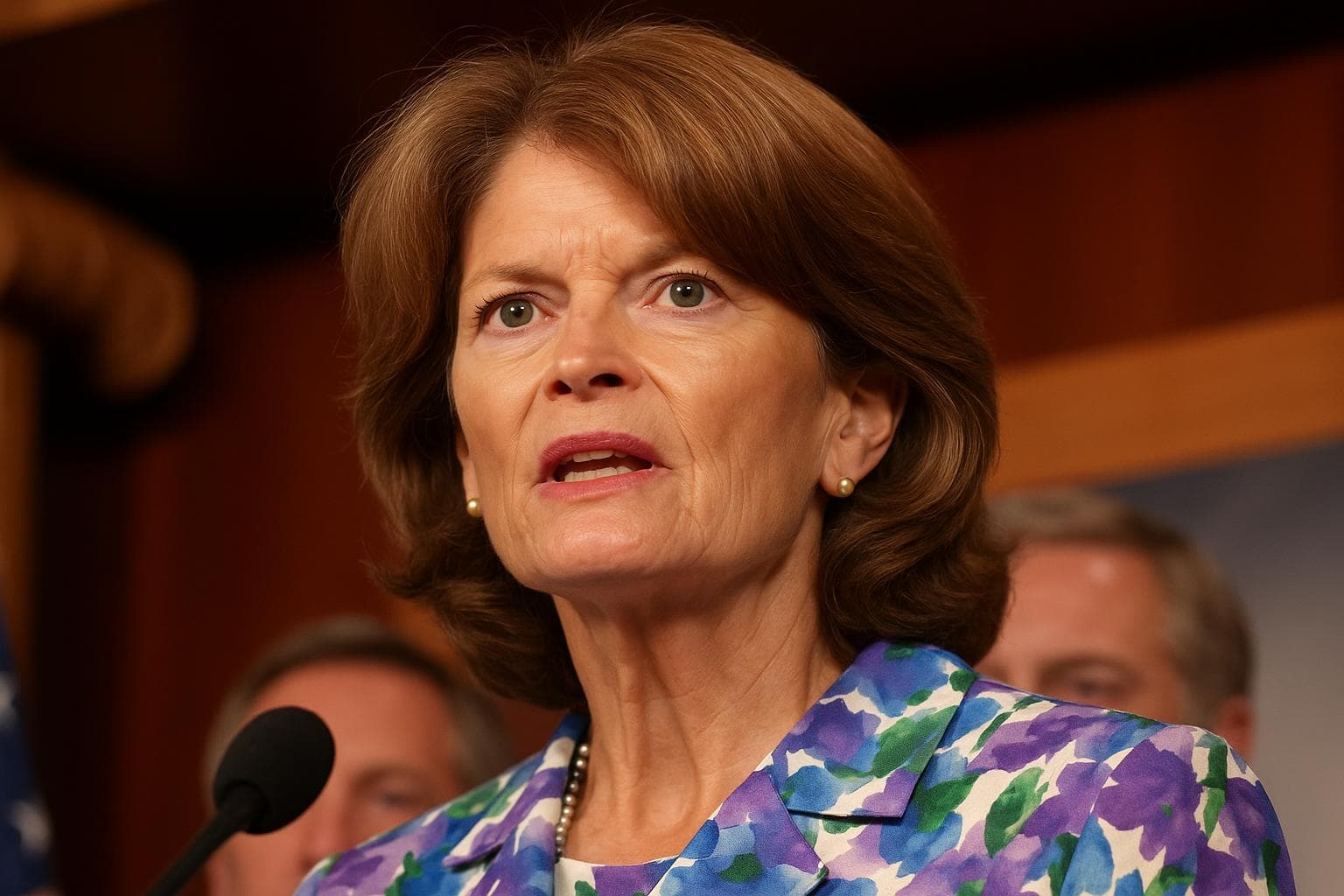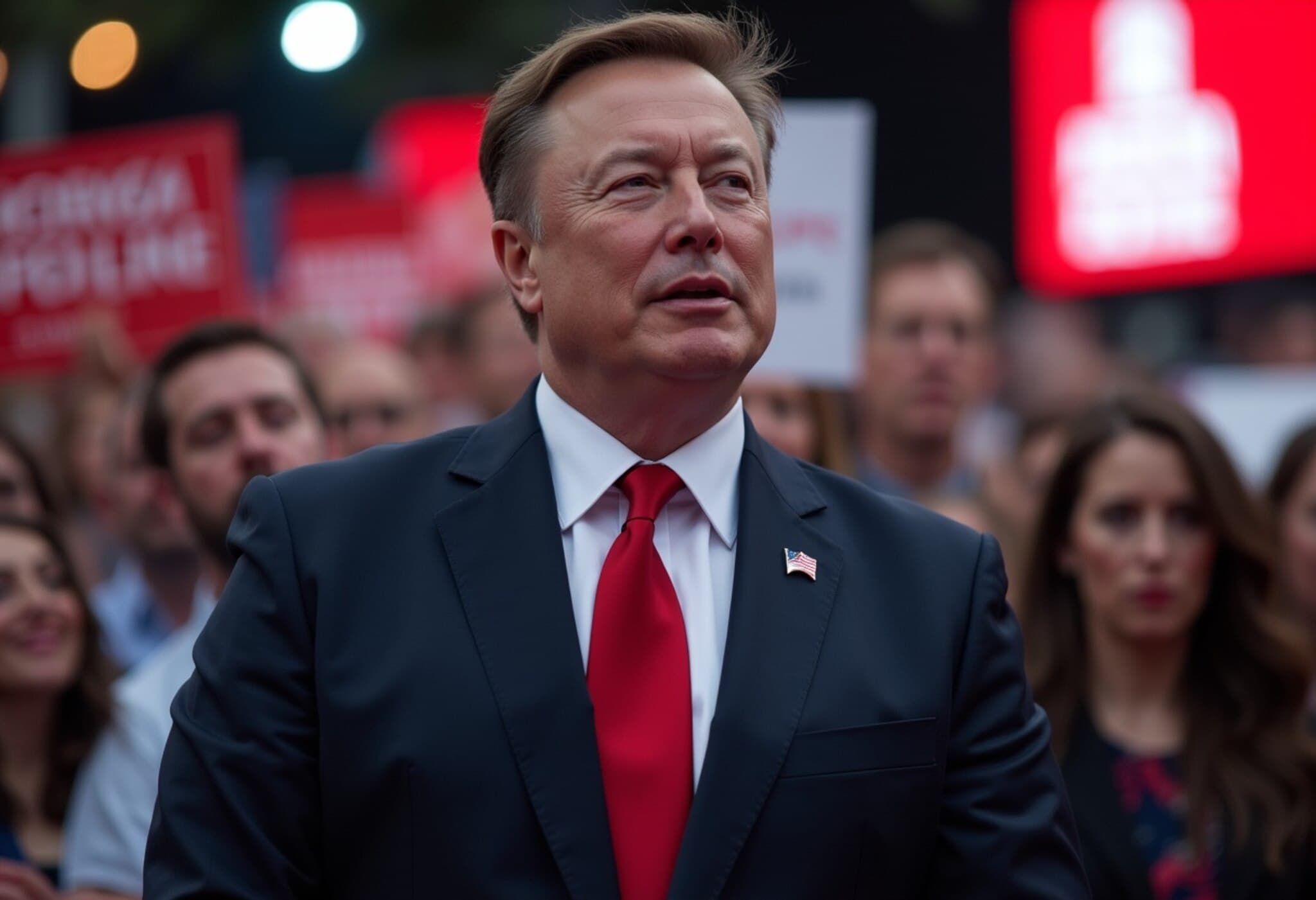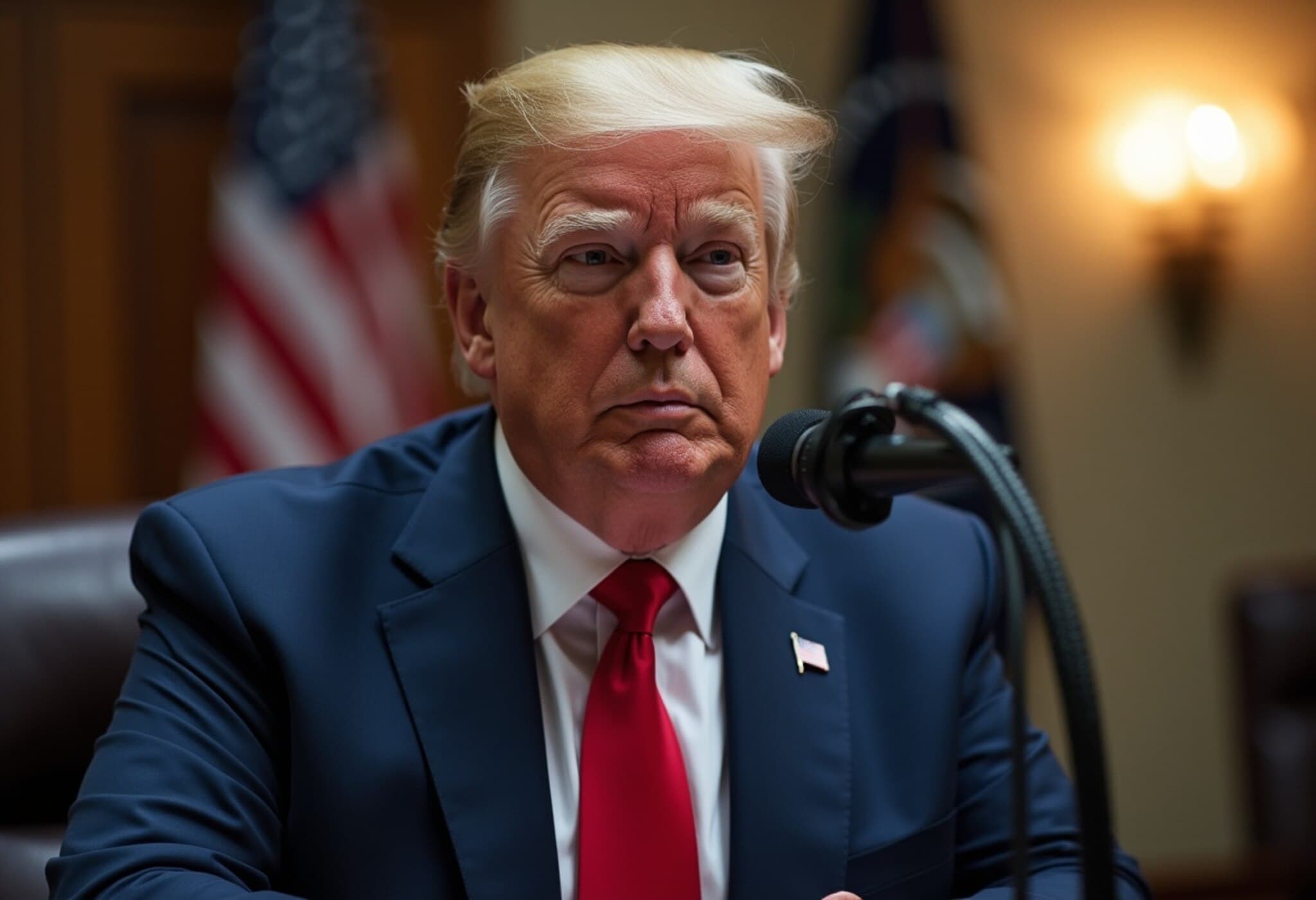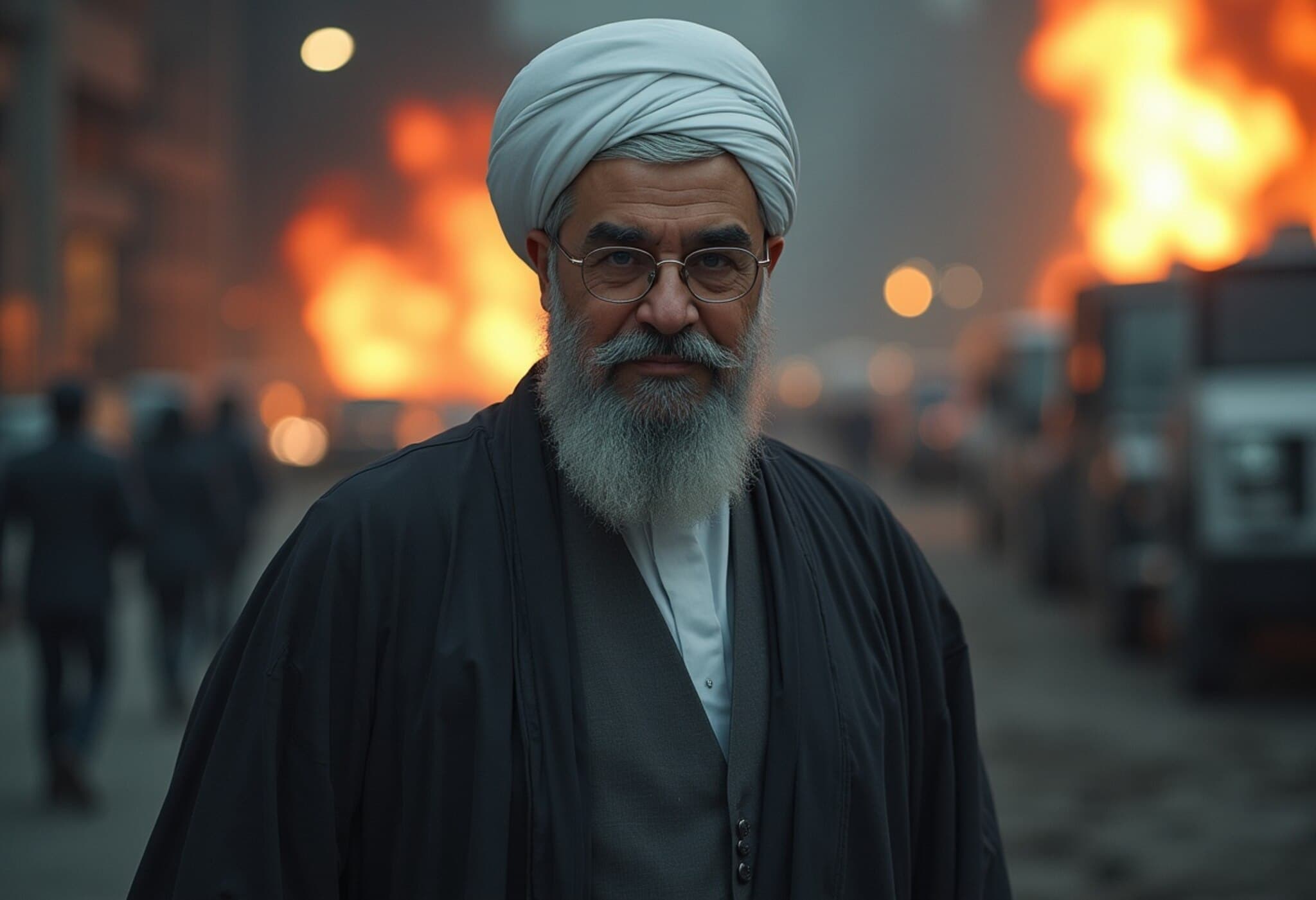Trump Enacts Controversial Big Beautiful Bill During July 4th Celebration
On July 4, 2025, President Donald Trump marked Independence Day by signing the sweeping legislative package known as the Big Beautiful Bill into law. The signing took place at a White House picnic attended by family and key members of Congress.
An Unprecedented Legislative Move
This legislation, passed by narrow margins in both chambers of Congress, combines significant tax cuts, spending reductions, and increased funding for immigration enforcement into a single comprehensive bill. Trump hailed the measure as "the most popular bill ever signed in the history of the country," underscoring the unprecedented scope of consolidating varied policies into one piece of legislation.
Key Provisions and Political Divides
The bill is highly controversial due to its deep cuts to federal safety-net programs, including Medicaid and the Supplemental Nutrition Assistance Program (SNAP). Experts warn that these changes could leave up to 11.8 million people without healthcare and 8 million without food assistance.
- Medicaid Restrictions: Stricter eligibility rules aimed at reducing program costs.
- SNAP Reductions: Efforts to curb what supporters call "waste and abuse," though critics argue it targets vulnerable populations.
- Tax Cuts: Expanding reductions from earlier reforms, with most benefits favoring the country’s wealthiest.
- Immigration Enforcement: A $170 million allocation for intensified immigration crackdowns, signaling a move toward mass deportations.
- Green Energy Incentive End: The bill eliminates subsidies for electric vehicles and other clean energy programs initiated under a former administration.
These provisions have sparked strong reactions across the political spectrum. Democratic lawmakers denounced the bill as a "steal from the poor to enrich the rich," while supporters argue the measures bring fiscal responsibility and curb abuses.
Support and Opposition Inside and Outside the Government
The bill’s passage was a tight squeeze. The Senate approved it with a tie-breaking vote from the Vice President, and the House passed it 219 to 213, with only two Republicans dissenting. Speaker of the House Mike Johnson presented Trump with the gavel used to signal the bill’s passage during the signing ceremony.
Despite the bill's contentious nature, Trump remains bullish about its impact, declaring, "After this kicks in, our country is going to be a rocket ship, economically." Yet, some prominent figures voiced reservations. The CEO of Tesla criticized the bill for cutting electric vehicle subsidies and publicly called for a political realignment in response to dissatisfaction with current party politics.
Immigration Policy: A Firm Stance Amid Economic Concerns
Though some exceptions were made following concerns from agricultural and hospitality sectors—which rely heavily on immigrant labor—Trump reaffirmed his resolve to intensify immigration enforcement. During remarks, he remarked on the possibility of selectively allowing workers "if a farmer vouches for them," signaling a nuanced approach that balances strict enforcement with economic realities.
Economic and Social Implications
While proponents view the bill as a decisive move to curb federal spending and boost economic growth, nonpartisan analysts estimate it could add $3.3 trillion to the national debt over the next decade. This projection fuels ongoing debates about fiscal responsibility and the long-term effects on vulnerable Americans.
Conclusion
President Trump’s signing of the Big Beautiful Bill highlights a significant and divisive shift in American policy—melding tax relief, spending cuts, immigration crackdowns, and rollbacks of environmental incentives into one landmark law. As the nation digests these changes, the true impact on communities and the economy will unfold over time.

